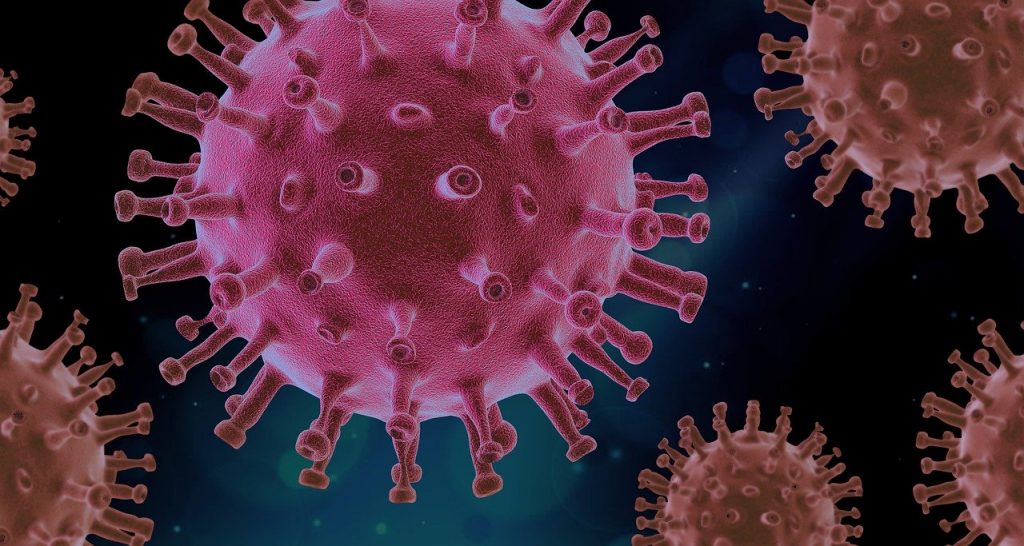
We all know how difficult it is to achieve weight loss. But what, if you can shed your extra kilos by just consuming the almonds/nuts? A recent Australian study1 finds that people who ate almonds consumed 300 Kilojouls less energy in subsequent meals. Lowering energy consumption is very crucial to weight loss.
Let’s find out more about this interesting and valuable research and how it can help in achieving our weight loss goal.
How almonds can help in your weight loss journey?
The high prevalence of overweight and obesity is a major public health concern. It not only has a bad effect on our physical well-being, but obesity also affects brain function. Physical exercise like walking, and jogging is an important way to burn extra calories, you can use this online Walking Calories Burned Calculator to find out how many calories you will burn for a certain distance of morning walk.
For a long-term effect doctors also recommend having a balance between energy intake and energy expenditure. Time-restricted eating or TRE eating plan is one of the tested methods to reduce calorie intake.
But, the role of specific food items that can regulate energy intake is equally important for weight loss maintenance. Nuts are high in protein, fibre and unsaturated fatty acid. Scientists already knew that the energy from nuts is compensated by reducing the intake of other foods at subsequent eating occasions.
However, scientists at the University of South Australia were interested to find out whether eating almonds regulates our appetite. This recent research was published online in the journal European Journal of Nutrition1. The researchers were going to measure the effect of almond consumption on appetite levels in two different ways,
- Measuring the effect on appetite-regulating hormone.
- Self-reporting based on the visual analogue scale.
Almond vs Snack bar, which reduces hunger in participants?
For this, the researchers recruited a total of 140 participants between the age of 25-65 years. Out of these 140 participants, 42 were male and 98 were female and the trial was conducted between January 15, 2019, and March 10, 2021.
These participants were divided into two groups, one group was instructed to consume almonds and another group was told t consume a snack bar rich in carbohydrates for 6 days/week for 9 months.
The assessment of appetite level was performed thrice within this 9-month trial period. The first assessment was on day 1 (baseline), the second assessment at 3-month and the third assessment at 9-month appointments.
On each assessment day, blood samples were obtained after overnight fasting. The sample was collected at time 0 (before the test snack) and every 30 min for 2 hours post the test snack. The participants were asked to consume the test snack within 10 min of drawing the blood.
With each blood draw, participants were also asked to rate their appetite sensation by answering 4 questions using a visual analogue scale. The questions were:
- “How hungry do you feel?” with anchor values ranging from “I am not hungry at all” (scored as 0) to “I have never been more hungry” (scored as 10);
- “How satisfied do you feel?” with anchor values ranging from “I am completely empty” (scored as 0) to “I cannot eat another bite” (scored as 10);
- “How full do you feel?”, with anchor values ranging from “Not at all full” (scored as 0) to “Totally full” (scored as 10), and
- “How much do you think you could eat now?” with anchor values ranging from “Nothing at all” (scored as 0) to “A lot” (scored as 10).
Meal challenge
In a subset of participants, a buffet meal was provided 2 h after test food consumption. The weight of food consumed was measured for these participants, this was to measure the increase or decrease in the amount of energy consumed after the test food.
Does almond reduces appetite in trial participants?
Appetite regulating hormone- Appetite regulating hormones were significantly lower in people who ate almonds as compared to the snack bar. This indicates that appetite level was reduced by consuming almonds.
Self-reporting visual analogues scale– However, there was no difference between the two test groups in self-reporting of feelings of hunger, fullness, and satisfaction. Also, there was no significant difference between total energy intake in the meal challenge.
Key takeaway of this study
The study clearly indicates that consuming nuts (almonds) reduces the appetite without disturbing the energy level. An obese person has a skewed appetite and it is very important to control the hunger for food for long-term weight management.
In addition to physical activity and exercises, you can consider food based on nuts as part of your weight loss strategy. Fad diet is another option, but the effectiveness of fad diets is always in question..
Keep Reading: 6 Easy Hip Fat Reduction Exercise for Shaped Thigh
The author is a physiotherapist who has been practising for the last 17 years. He holds a Bachelor's in Physiotherapy (BPT) from SVNIRTAR (Swami Vivekananda National Institute of Rehabilitation and Research), one of the prestigious physiotherapy schools in India.
Whatever he learns dealing with his patient, he shares it with the world through blogs and e-books. He also owns a YouTube channel, "Sunit Physiotherapist" with over 8 lakh active subscribers. Here, he shares everything he gets to learn serving the patient.





